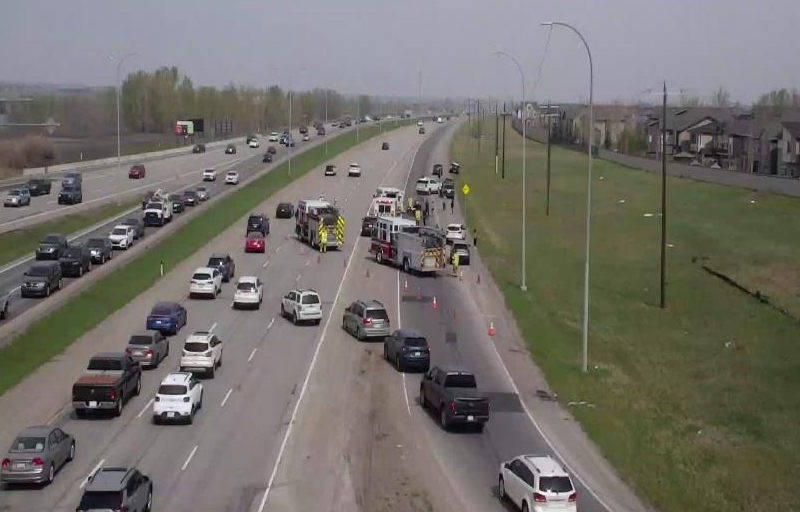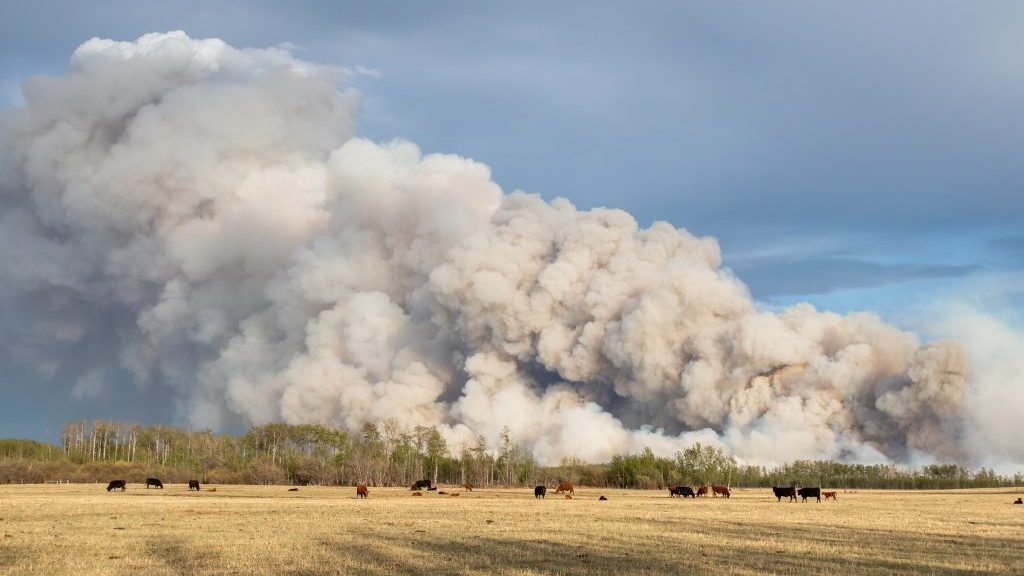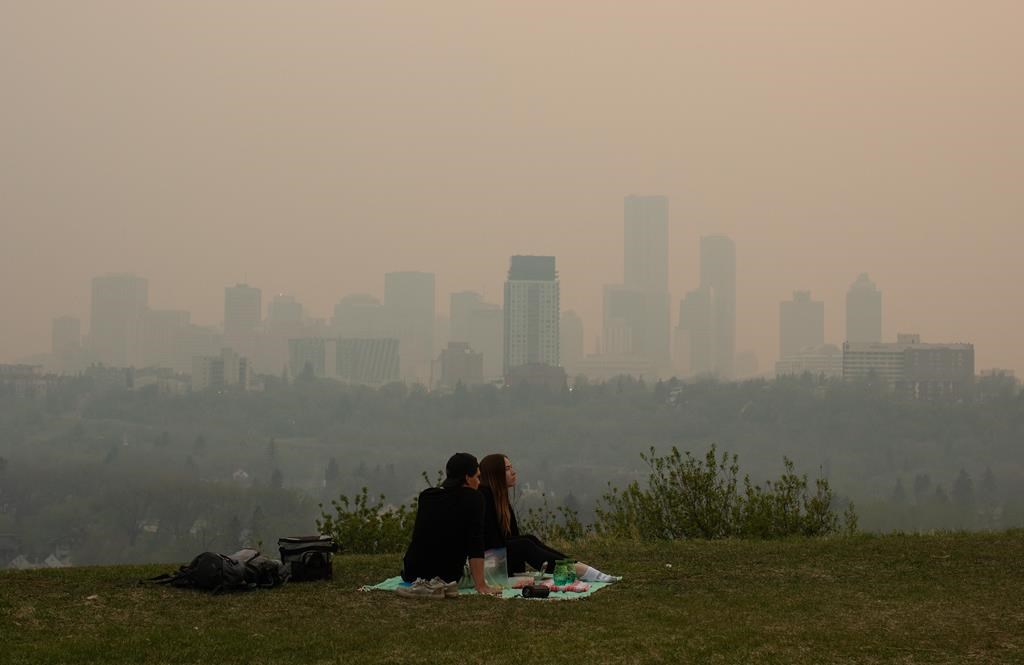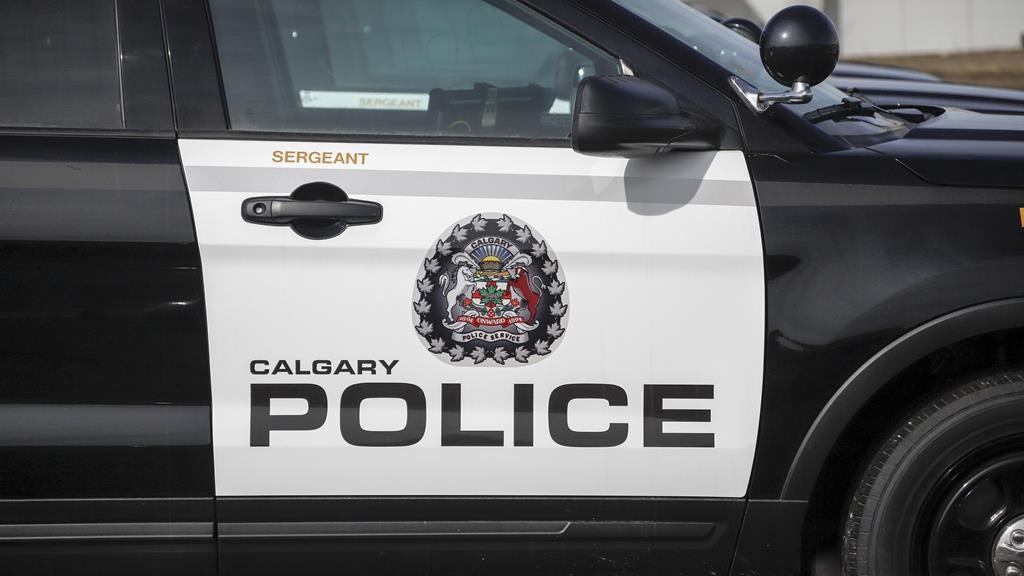Easing the tax burden on businesses means home owners must pay up
Posted Jun 6, 2019 1:52 pm.
CALGARY (660 NEWS) — The issue has confounded Calgary’s city councillors for months now, and at long last, they promise a solution on Monday.
But even in the words of Mayor Naheed Nenshi, this will be a “band-aid” that does not permanently solve it.
The proposal presented by most councillors, with the exception of Ward 11’s Jeromy Farkas who has proposed his own fix, involves finding some savings in the city budget and using a previously allocated $70 million dollars to give short-term relief to businesses facing a hike in taxes this year.
The hemming and hawing has caused outrage among some Calgarians, with people calling for the province to fire council and do everything possible to prevent their favourite businesses from closing.
However, it may not be as simple as addressing spending or trying to draw more corporations into an increasingly vacant downtown core.
“First, we should be clear about what is the problem that council is trying to solve,” said University of Calgary economist Trevor Tombe. “This is a longer-term challenge that council needs to tackle.”
Tombe says a complete structural change in our property taxes is required.
As it stands now, the city is trying to raise the same number of dollars — but with an increased strain on all businesses to account for losses in the core.
It is not out of the ordinary for municipalities to put residential properties and non-residential ones on a different level, but the ratio of over 4:1 in Calgary is a real problem.
“And that is off the charts, far beyond any other jurisdiction in the country,” said Tombe. “Because council is not shifting any of the burden.”
To compare, most other cities have a significantly lower split.
As of 2017, businesses in Edmonton pay 2.8 times more than residential properties, in Saskatoon, it was 1.3 times, Toronto 2.9 times, and Ottawa was 1.9 times as much.
Fixing it requires a balancing act, meaning homeowners will have to pay a larger portion of these taxes, which Tombe calls a unified system.
It would result in some higher tax bills for the average homeowner, to the tune of maybe a couple hundred dollars a year, but by spreading it our more equally through the city businesses will see some real long-term relief.
This is also a result of a problem that should have been foreseen long ago.
Calgary has for many decades relied on strong corporate interests in the downtown, effectively subsidizing the taxes around the city.
It has led to the oft-cited claim by Mayor Nenshi that taxes are the lowest in Calgary compared to other major cities, which is true if you look solely at the residential tax rate, but doesn’t factor in other service charges and has also set the stage for a huge imbalance when times are as tough as they are now.
“If we had a more unified property tax system, then businesses would not be seeing the same property tax increases that they are seeing now,” added Tombe. “The median residential homeowner would have seen about a $300 per year increase in their residential property tax payments, so it’s about a 15 per cent increase for homeowners. It’s not at all trivial, but it also gives you a sense of just how big the increase has been on the far fewer number of business properties in the city.”
This idea has not received much traction in the Council Chambers, with the proposal coming on Monday also planning to freeze residential taxes.
Tombe speculated that this is likely due to political concerns, in that homeowners may not be very happy with councillors raising their residential taxes — even if it helps out the businesses.
“If we’re concerned about the rising property tax liabilities on businesses, then we do need to think about shifting the burden on to residential properties.”
Tombe also does not think it is prudent to just hope for times to get better and businesses to flood the downtown core, or that the province will bail them out, as this structural problem will still remain.
“If, by some stroke of good luck, downtown valuations do rise then we just dodged a bullet,” Tombe cautioned.
Tombe wants Calgarians to give council some room to make these tough choices, but at the same time calls on council to be ready to make these tough choices themselves.
All in all, it requires a bit of self-reflection.
“We should reflect on Calgary’s situation and recognize that maybe we do, as homeowners, have some responsibility here to fund our municipal government.”










